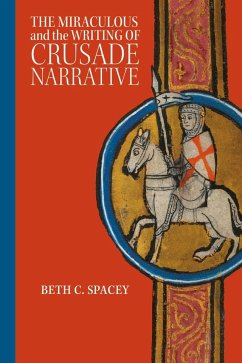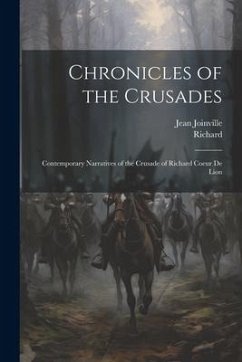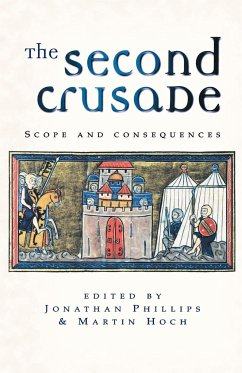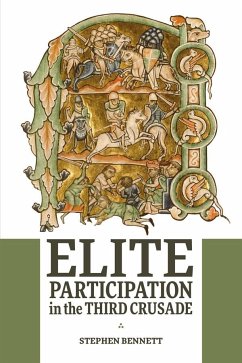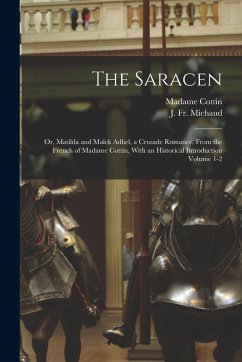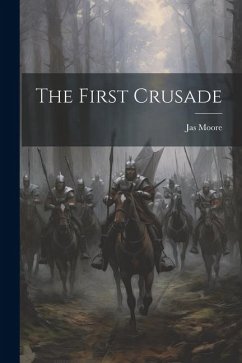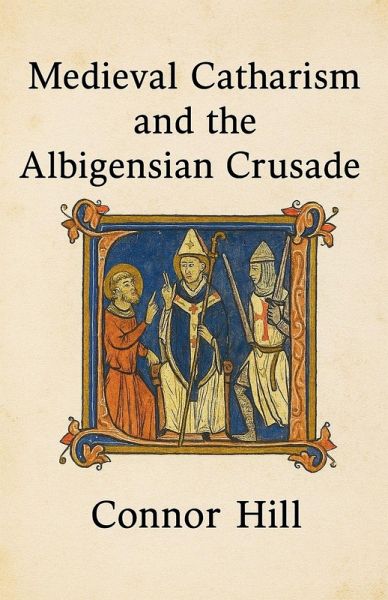
Medieval Catharism and the Albigensian Crusade
Versandkostenfrei!
Versandfertig in 1-2 Wochen
16,99 €
inkl. MwSt.

PAYBACK Punkte
8 °P sammeln!
In the verdant valleys of southern France, a religious movement flourished that dared to challenge the foundations of medieval Christianity. The Cathars-known as "the Perfect" among themselves-rejected the material world as the creation of an evil god, believing instead that human souls were divine sparks trapped in corrupt flesh. Their vision of spiritual liberation through renunciation attracted followers from peasants to nobles, creating a thriving alternative to the Catholic Church. But this religious flowering would be brutally cut short. In 1209, Pope Innocent III launched an unprecedent...
In the verdant valleys of southern France, a religious movement flourished that dared to challenge the foundations of medieval Christianity. The Cathars-known as "the Perfect" among themselves-rejected the material world as the creation of an evil god, believing instead that human souls were divine sparks trapped in corrupt flesh. Their vision of spiritual liberation through renunciation attracted followers from peasants to nobles, creating a thriving alternative to the Catholic Church. But this religious flowering would be brutally cut short. In 1209, Pope Innocent III launched an unprecedented holy war-not against distant Muslims, but against fellow Christians in the heart of Europe. What followed was a decades-long campaign of conquest and persecution that would transform the cultural landscape of medieval France forever. Cities were put to the sword, heretics burned by the hundreds, and the vibrant Occitan civilization that had nurtured troubadour poetry and religious tolerance was gradually absorbed into the expanding French kingdom. This book takes readers on an unforgettable journey through this dramatic chapter in European history. From the mystical origins of dualist thought to the final burning of the last Cathar Perfect in 1321, this book presents a compelling narrative that combines military history, religious insight, and cultural transformation. Readers will witness the horror of the massacre at Béziers, feel the tension of the nine-month siege of Montségur, and experience the psychological cat-and-mouse game of the inquisitors who systematically dismantled Cathar communities through surveillance, interrogation, and meticulous record-keeping. Beyond the historical drama, this book reveals how the suppression of Catharism established precedents for religious persecution that would echo through the centuries-creating the first inquisition, developing legal frameworks for prosecuting heresy, and establishing new relationships between church and state power. The questions raised by this medieval conflict about religious freedom, institutional authority, and the ethics of enforcing ideological conformity remain startlingly relevant in our own time.




